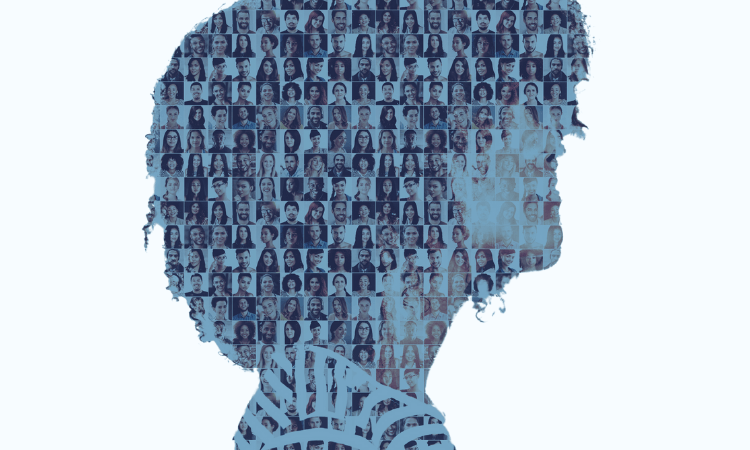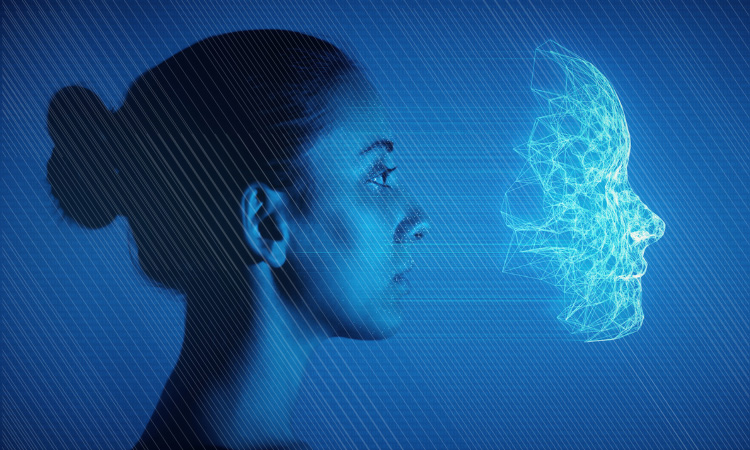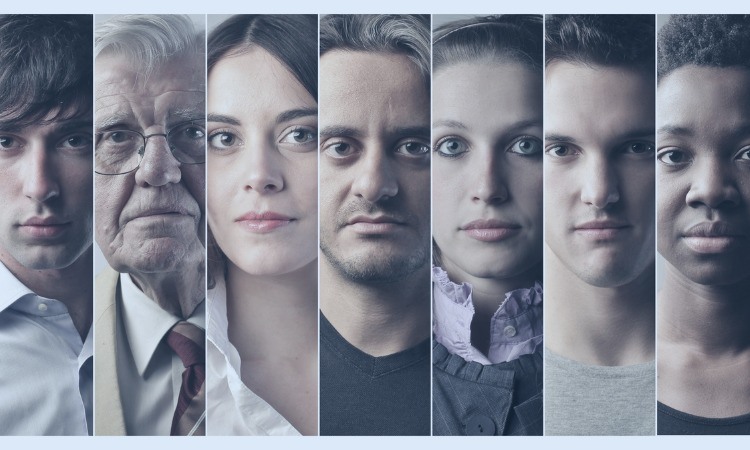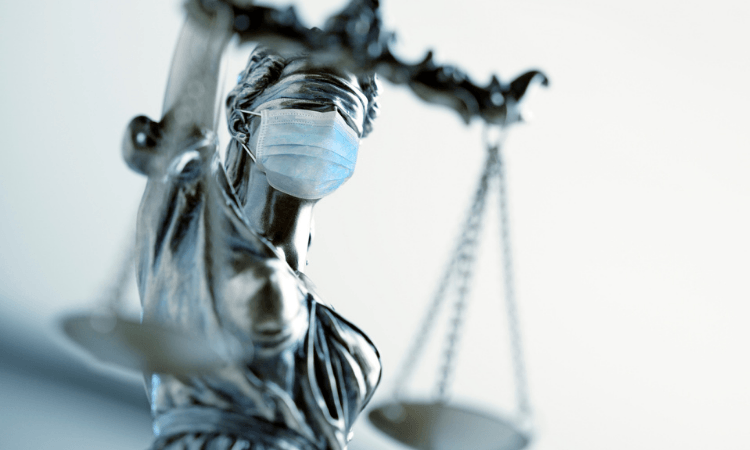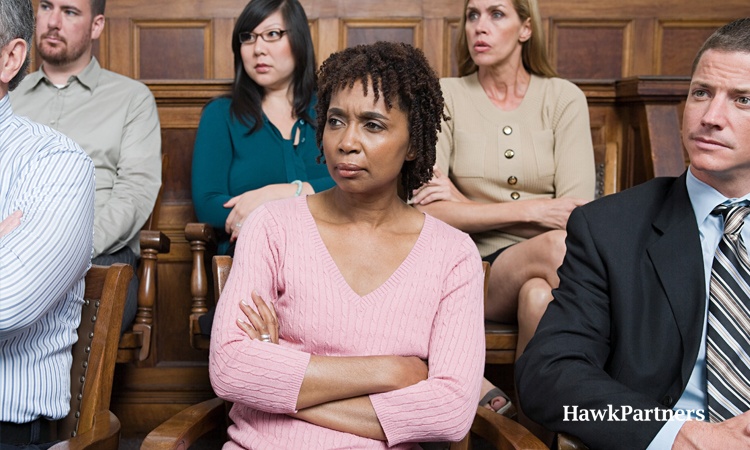An effective COVID trial strategy cannot be designed without first understanding the new COVID jury. By instead conducting focused research, trial communications can be optimized to resonate among the jury of now.
Trial Consulting Perspectives
Trial strategy requires creative and strategically crafted communications to tell a persuasive case. Hear from our consultants as they share their experiences across an array of psychological concepts to correctly posit compelling messages that address the varied mix of communication styles that jurors bring with them. For more, explore what we offer in our trial consulting services.
Learn how neuroscience's growing discoveries concerning how humans process information is at odds with the jury system structure.
The Chauvin jury trial is taking place against the backdrop of a national discussion about a divisive cultural issue – namely, the issues of race and policing in the United States. These pre-existing views bring unique challenges in selecting and connecting with a jury.
An effective COVID trial strategy cannot be designed without first understanding the new COVID jury. By instead conducting focused research, trial communications can be optimized to resonate among the jury of now.
The COVID era trial must balance protecting the constitutional elements of a jury trial while protecting the nation’s health in a pandemic. Both a socially distanced in-person approach and a virtual approach allow for that – but also pose challenges that trial teams have never encountered.
Nancy Neufer and Rob Duboff share anecdotes from their research experience to illustrate the challenges faced by intellectual property litigators who must present technical evidence while still taking care to address the human elements of the story that concern jurors.
Rob Duboff and Nancy Neufer review the strategic jury selection approaches that might have led to a different outcome in a criminal murder trial.
For defendants, complex litigation necessitates that the story be effective in the first case to go to trial as well as those that follow.
Rob Duboff and Nancy Neufer describe the role of the trial attorney as a performer and the importance of connecting with jurors on an emotional level, an element of jury persuasion that is critical for litigators who want to win.
HawkPartners offer a perspective on how jury perceptions can be as important as actual evidence in reaching a verdict.

